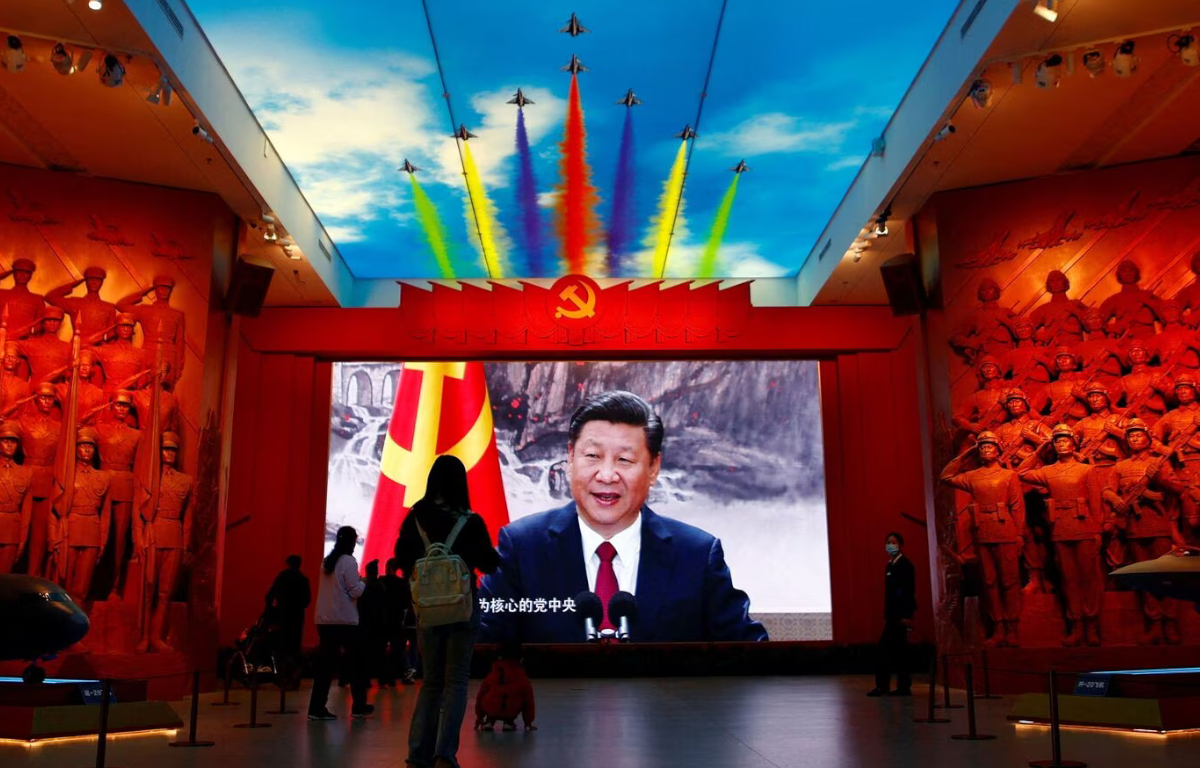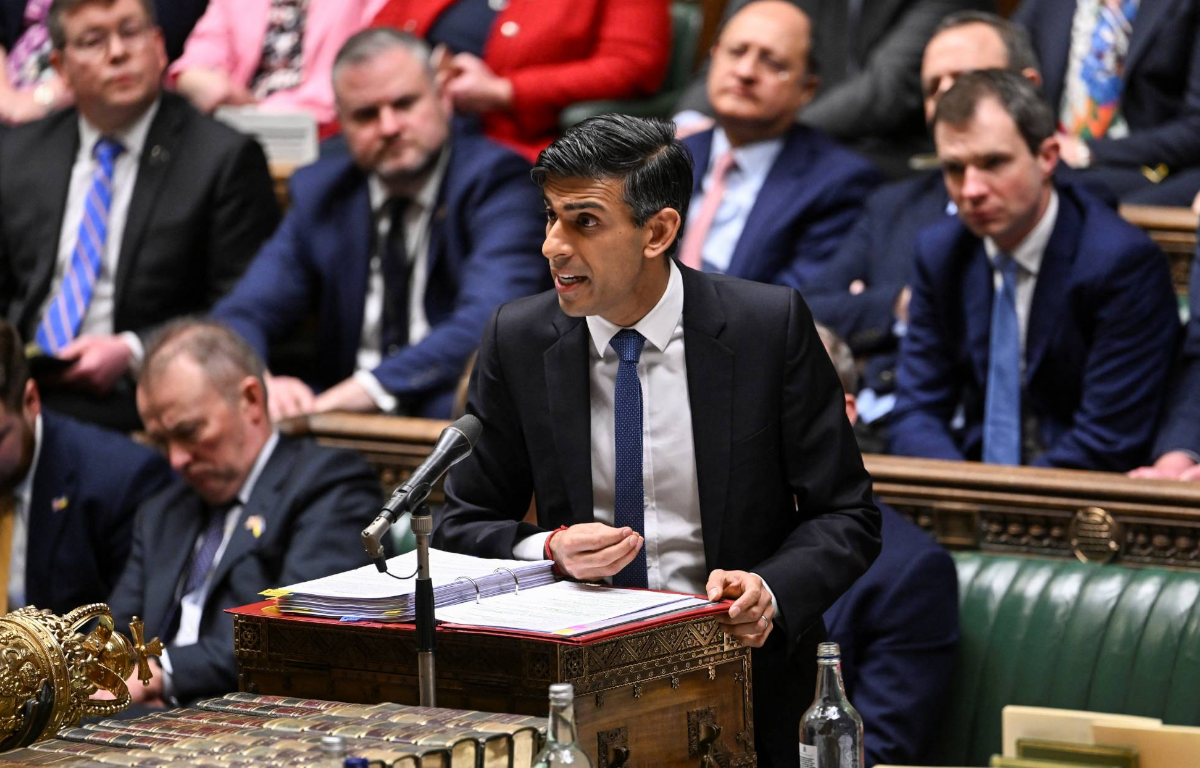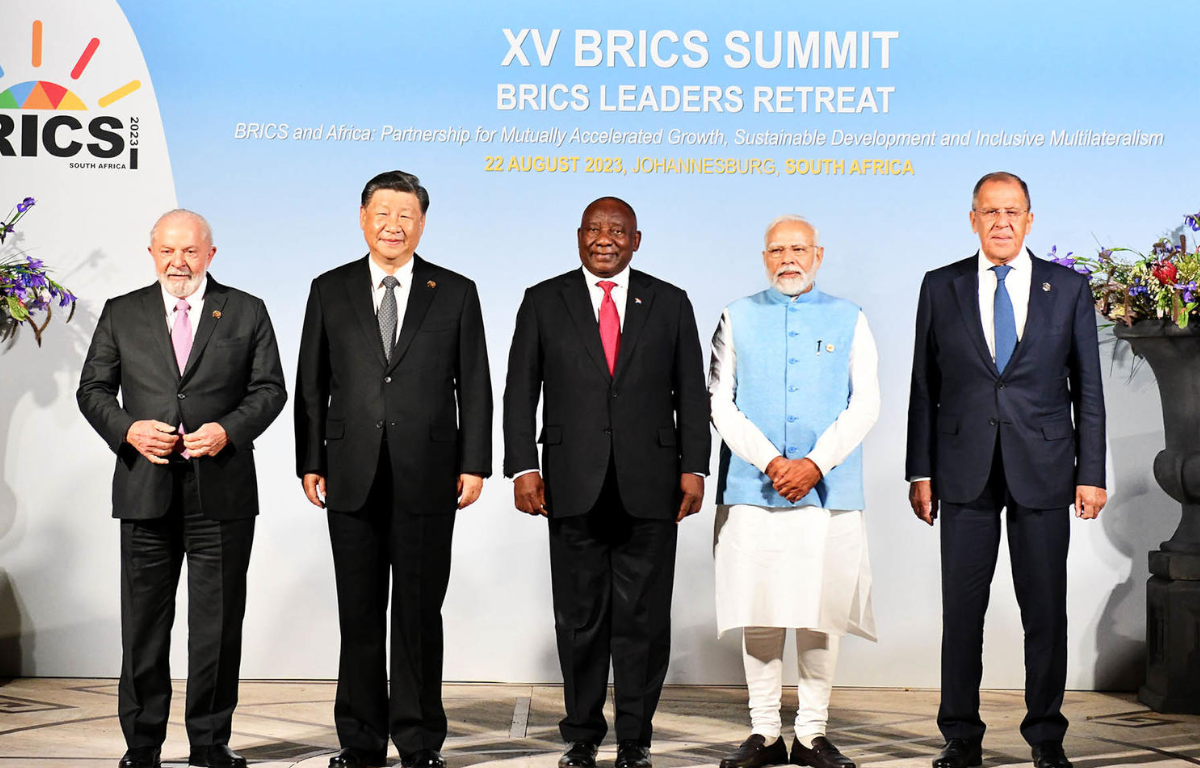
China’s ever-increasing influence in Latin America and the Caribbean is sending shockwaves through the region, leaving the United States in a state of indecision. As President Joe Biden grapples with his foreign policy priorities, China is seizing the opportunity to strengthen its economic and political foothold in these territories. In this gripping article, we delve into China’s stranglehold on Latin America and the Caribbean and the dire consequences of Biden’s lack of action in countering this encroachment.
China’s aggressive economic expansion in the region is causing alarm bells to ring. Through extensive trade partnerships, strategic investments, and ambitious infrastructure projects, China has managed to establish an iron grip on the region’s economies. This voracious appetite for economic dominance has granted China access to coveted natural resources and created deep economic dependencies, leaving countries vulnerable to China’s whims.
The Belt and Road Initiative (BRI) is a key weapon in China’s arsenal, enabling it to tighten its stranglehold. By funding and spearheading critical infrastructure projects such as ports, railways, and telecommunications networks, China is effectively weaving a web of control and influence across Latin America and the Caribbean. These projects not only facilitate economic integration but also serve as instruments of China’s geopolitical agenda, solidifying its grip on vital infrastructural assets.
China’s diplomatic charm offensive is another facet of its insidious strategy. Through high-profile visits, cultural exchanges, and lucrative cooperation agreements, China is skillfully cultivating alliances with regional governments. By positioning itself as a reliable partner offering financial aid and technical expertise, China is actively undermining traditional US alliances and sowing the seeds of discord in the region.
The COVID-19 pandemic has provided China with an opportune moment to extend its influence through vaccine diplomacy. By providing millions of vaccine doses to Latin American and Caribbean countries, China is not only filling a critical public health gap but also leveraging this act of goodwill to strengthen its soft power. This cunning maneuver further entrenches China’s presence and creates a sense of indebtedness among recipient nations.
Yet, amidst China’s aggressive expansion, the Biden administration’s response has been sluggish and indecisive. While Biden has voiced his commitment to strengthening partnerships in the region, his lack of a coherent and proactive strategy is creating a dangerous power vacuum. This hesitancy allows China to capitalize on the situation, cementing its dominance and potentially reshaping the regional power dynamics in its favor.
To counter China’s encroachment, the Biden administration must urgently prioritize the region, fortify alliances, promote economic cooperation, and present a compelling alternative to China’s alluring engagement.
Failure to take bold action will result in further erosion of US influence, leaving Latin America and the Caribbean firmly within China’s grasp. The time for decisive measures is now. The United States must stand up to China’s brazen advances and reclaim its position as a key player in the region. Only through robust engagement, strategic partnerships, and a comprehensive strategy can the United States hope to regain control and counter China’s tightening stranglehold on Latin America and the Caribbean. The clock is ticking, and the stakes have never been higher.










Share this: